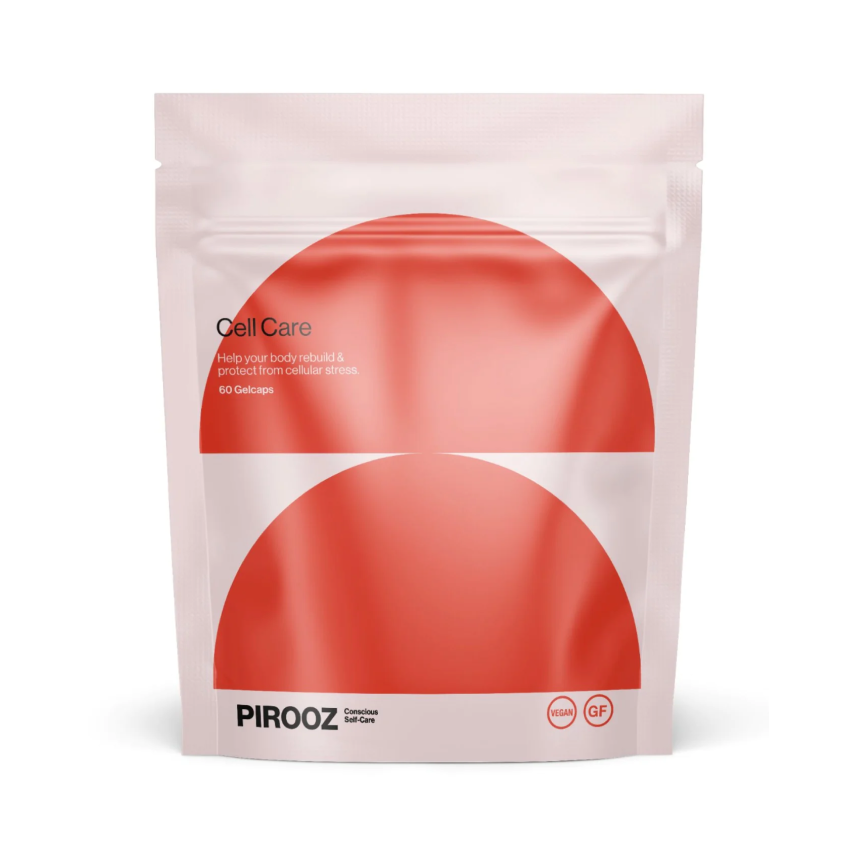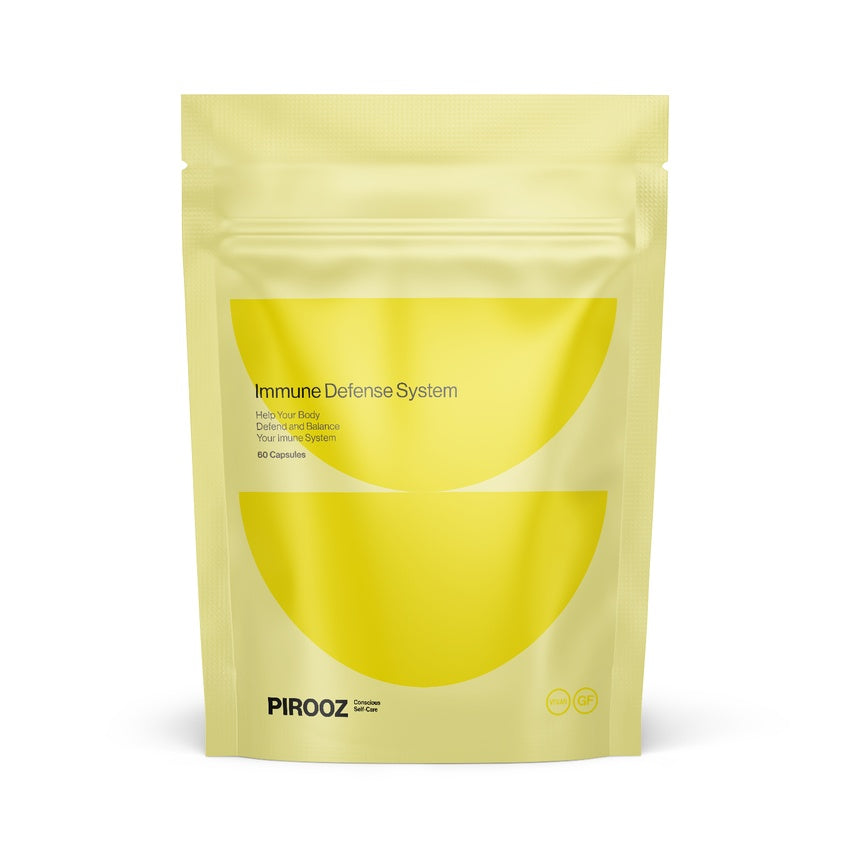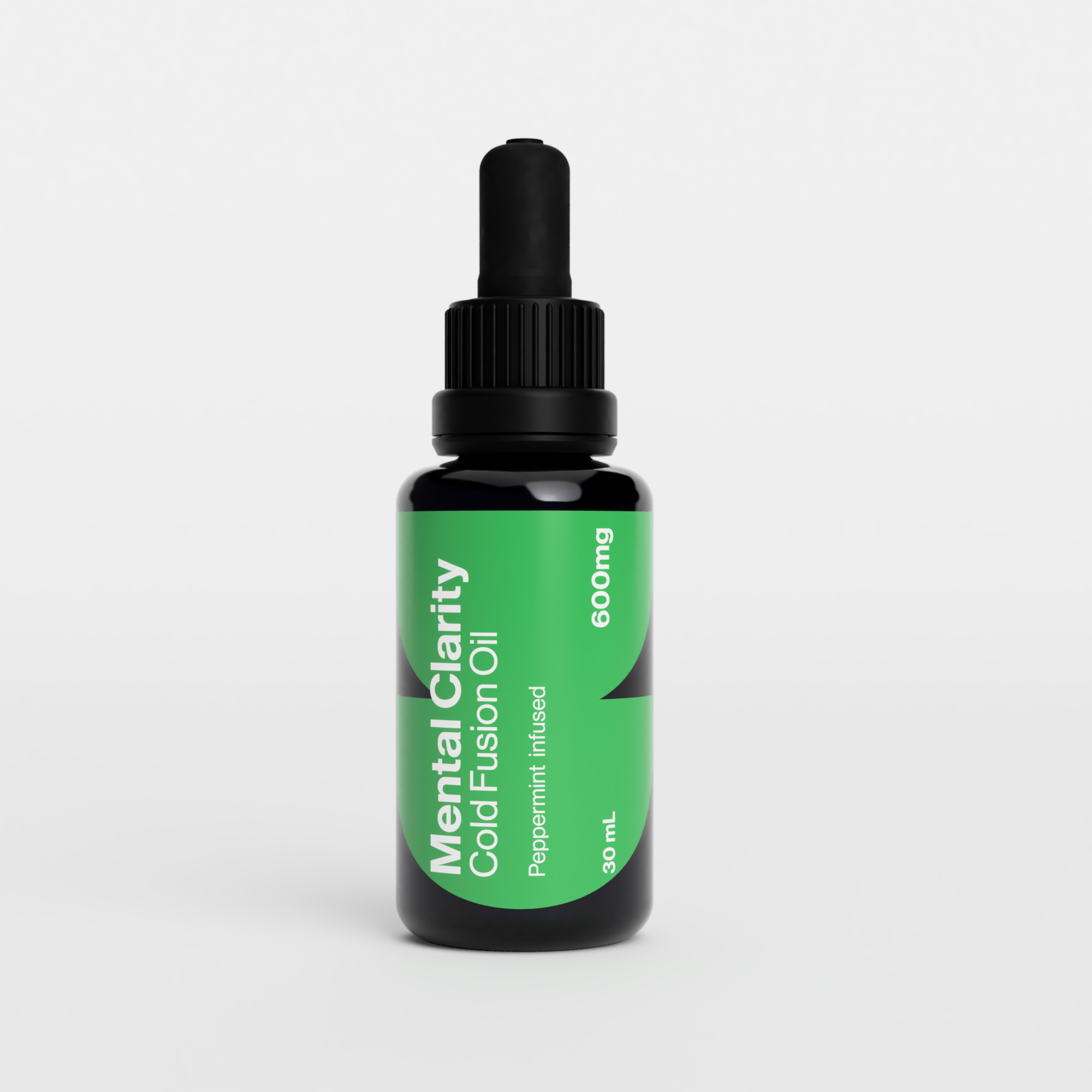Traditional Pain Medications
Over-the-Counter Medications
Nonsteroidal Anti-Inflammatory Drugs (NSAIDs)
NSAIDs, such as ibuprofen and aspirin, are widely used to reduce inflammation, alleviate pain, and lower fever. They work by inhibiting the cyclooxygenase (COX) enzymes, which are crucial in producing prostaglandins, compounds that mediate inflammation and pain (García et al., 2001).Pros:
- Effective for mild to moderate pain
- Readily available and affordable
- Also, it reduces inflammation and fever
Cons:
- Can cause gastrointestinal issues, such as ulcers and bleeding (Khasawneh & Abdulameer, 2011)
- Long-term use is associated with cardiovascular risks (McGettigan & Henry, 2013)
- Potential kidney damage with prolonged use (García et al., 2001)
Acetaminophen (Paracetamol)
Acetaminophen is another common OTC pain reliever, primarily used for its analgesic and antipyretic properties. Unlike NSAIDs, it does not have significant anti-inflammatory effects (Graham et al., 2013).Pros:
- Adequate for mild to moderate pain and fever
- Generally well-tolerated with fewer gastrointestinal side effects than NSAIDs
Cons:
- Risk of liver damage with overdose or chronic use (Graham et al., 2013)
- Less effective for inflammatory pain
Pros:
- Highly effective for severe pain
- Rapid onset of action
Cons:
- High risk of addiction and dependency (Bohnert et al., 2011)
- Potential for respiratory depression and overdose (Benyamin et al., 2008)
- Common side effects include constipation, nausea, and sedation
Antidepressants and Anticonvulsants
Certain antidepressants (e.g., amitriptyline) and anticonvulsants (e.g., gabapentin) are used off-label for pain management, particularly for neuropathic pain. They modulate neurotransmitters involved in pain signalling (Bannuru et al., 2019).Pros:
- Effective for certain types of chronic pain
- Dual benefits for patients with coexisting depression or anxiety
Cons:
- Potential side effects include drowsiness, dizziness, and weight gain
- It may take several weeks to achieve a full analgesic effect
"Relief" Supplements
"Relief" supplements represent alternative pain management solutions that use natural ingredients to alleviate pain and reduce inflammation. These supplements are increasingly popular due to their perceived safety and holistic approach to health.Omega-3 Fatty Acids
Omega-3 fatty acids, found in fish oil, are known for their anti-inflammatory properties and are beneficial for managing chronic pain conditions (Eslami et al., 2013).Pros:
- Anti-inflammatory effects
- Supports overall cardiovascular and joint health
Cons:
- Potential for gastrointestinal upset with high doses
- It takes a longer time to see effects compared to traditional medications.
Probiotics
Probiotics support the gut microbiome, which significantly affects inflammation and immune response. A healthy gut can reduce systemic inflammation and improve pain management (Vaibhav et al., 2014).Pros:
- Supports gut health and immune function
- Potential to reduce systemic inflammation
Cons:
- Efficacy can vary based on strains used and individual gut microbiome
- Requires consistent use for optimal benefits
Herbal Ingredients
Many "Relief" supplements incorporate herbs known for their anti-inflammatory and analgesic properties, such as turmeric (curcumin), ginger, and Boswellia (Russo & Guy, 2006).Pros:
- Natural ingredients with a lower risk of side effects
- Anti-inflammatory and antioxidant properties
Cons:
- Efficacy can vary based on formulation and individual response
- Longer time to onset of action compared to traditional medications











